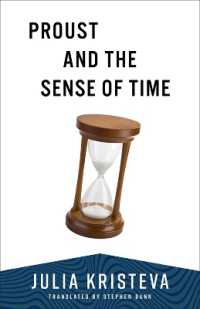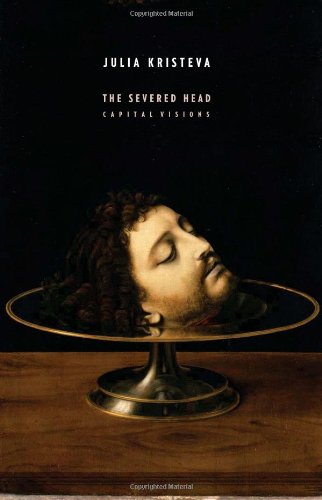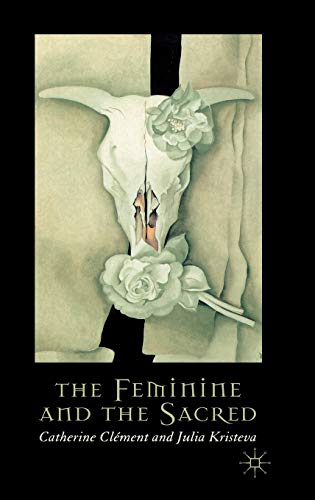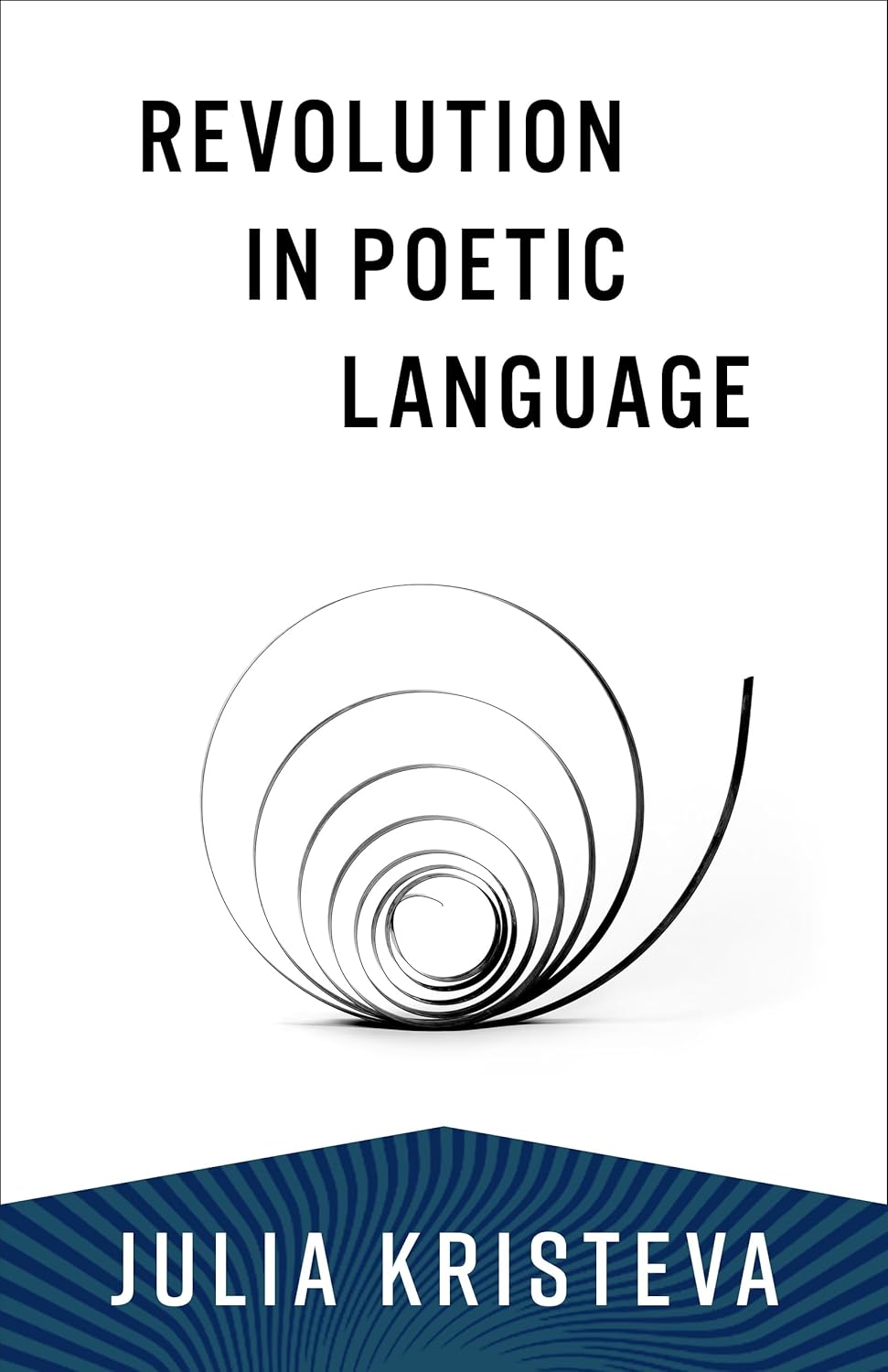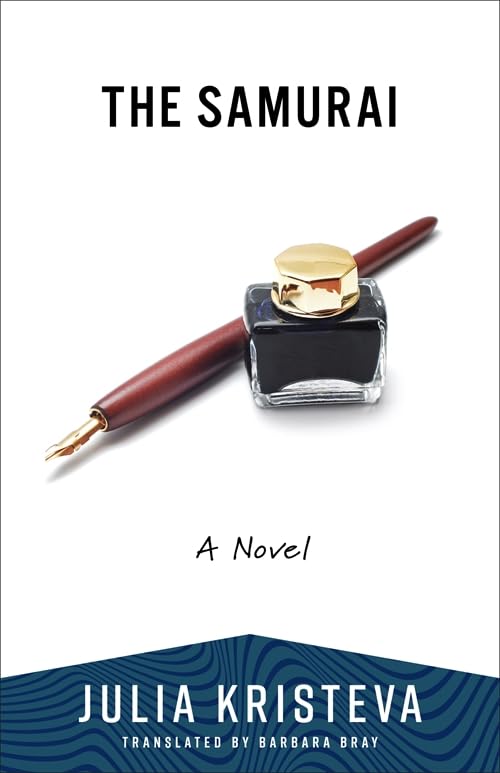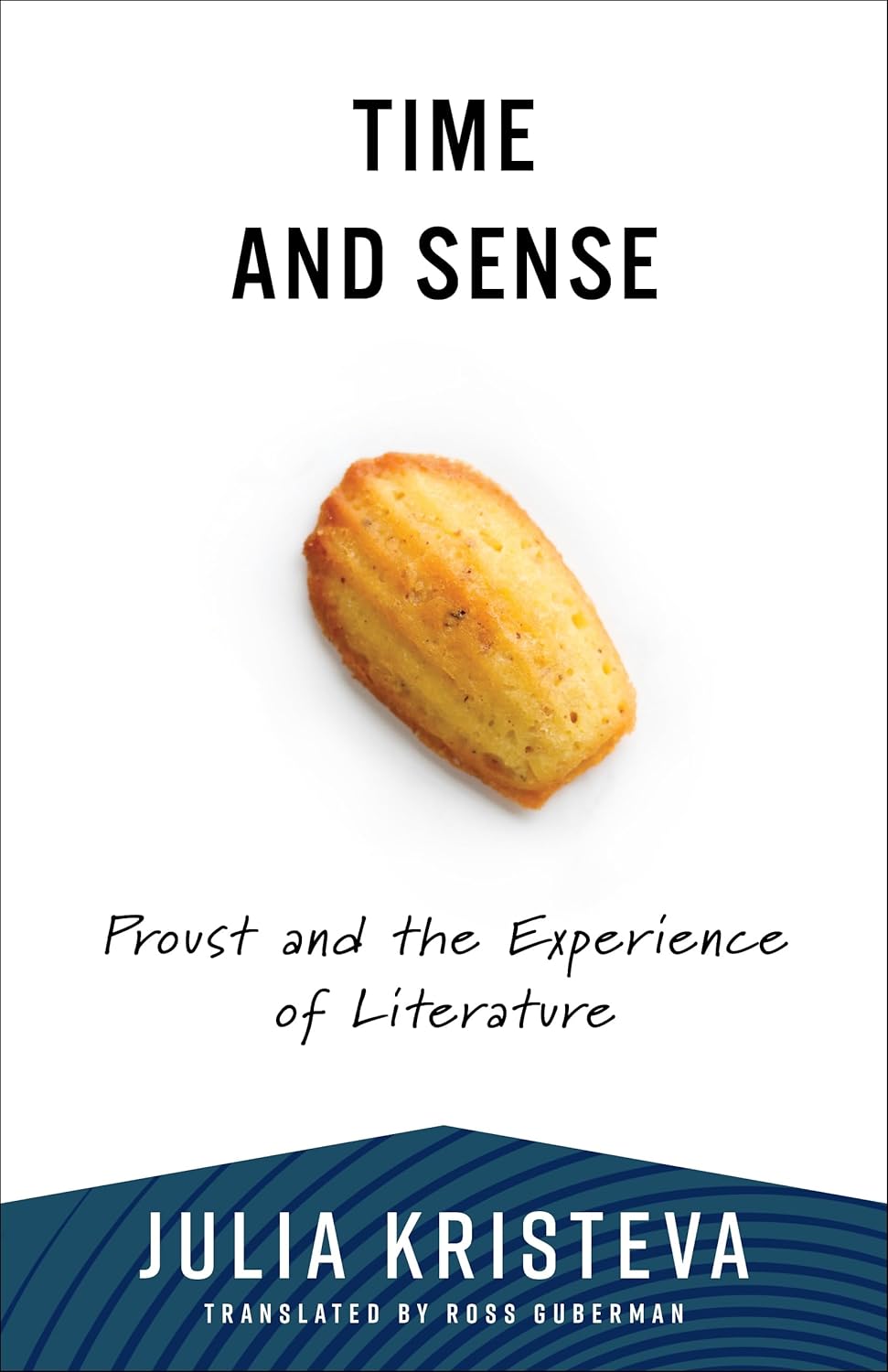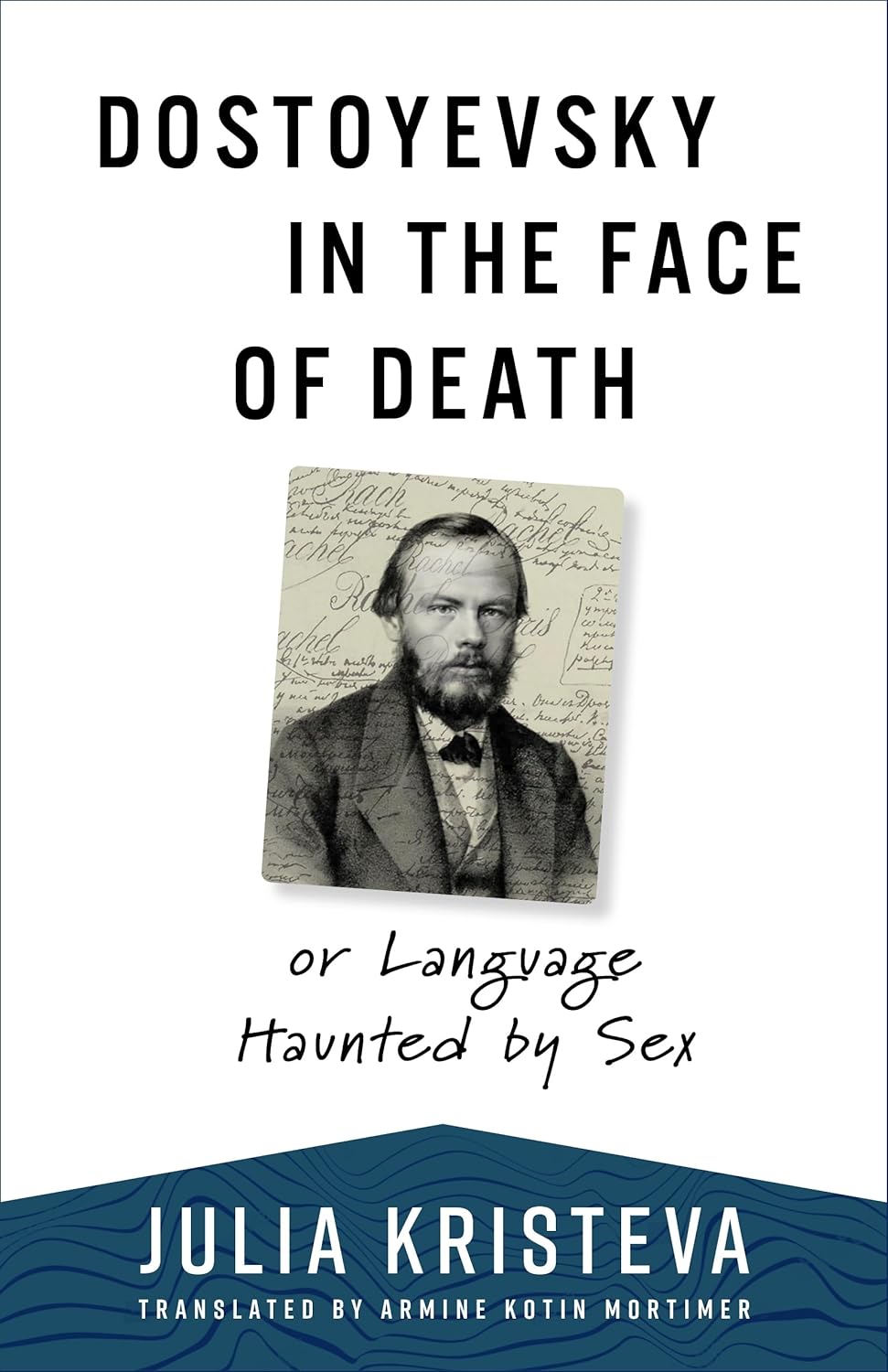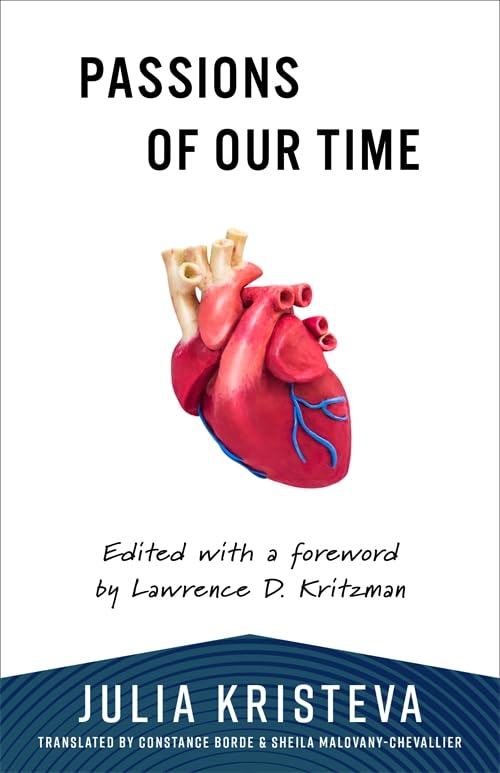Julia Kristeva
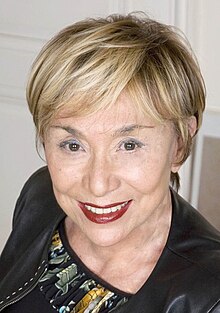
Julia Kristeva is professor emerita of linguistics at the Université de Paris VII. A renowned psychoanalyst, philosopher, and linguist, she has written dozens of books spanning semiotics, political theory, literary criticism, gender and sex, and cultural critique, as well as several novels and autobiographical works, published in English translation by Columbia University Press. Kristeva was the inaugural recipient of the Holberg International Memorial Prize in 2004 “for innovative explorations of questions on the intersection of language, culture, and literature.”
New Maladies of the Soul
"These days, who still has a soul?" asks Julia Kristeva in her psychoanalytic exploration, New Maladies of the Soul. Drawing on her many years of experience as a practicing psychoanalyst, Kristeva... (more)
Proust and the Sense of Time
Julia Kristeva presents a thoroughly original and compelling reading of Proust’s Remembrance of Things Past, first delivered at the 1992 T.S. Eliot Memorial Lectures at Canterbury. Kristeva's first... (more)
The Portable Kristeva
Julia Kristeva is a linguist, psychoanalyst and cultural theorist. This text provides a representative selection of her writings since the mid 1970s. (more)
Black Sun: Depression and Melancholia
Julia Kristeva examines melancholia across art, literature, philosophy, the history of religion and culture, and psychoanalysis. She describes the depressive as one who perceives the sense of self as... (more)
Language: The Unknown: An Initiation into Linguistics
In this wide-ranging introduction, Julia Kristeva presents the evolution and emergence of linguistics. For Kristeva, the object of linguistic investigation is not “What is language?” but rather “How... (more)
Nations Without Nationalism
Underlying Julia Kristeva’s Nations Without Nationalism is the idea that otherness, whether it be ethnic, religious, social, or political, needs to be understood and accepted in order to guarantee... (more)
Hatred and Forgiveness
Julia Kristeva refracts the impulse to hate (and our attempts to subvert, sublimate, and otherwise process it) through psychoanalysis and text, exploring worlds, women, religion, portraits, and the... (more)
This Incredible Need to Believe
"Unlike Freud, I do not claim that religion is just an illusion and a source of neurosis. The time has come to recognize, without being afraid of 'frightening' either the faithful or the agnostics,... (more)
The Severed Head: Capital Visions
Informed by a provocative exhibition at the Louvre curated by the author, The Severed Head unpacks artistic representations of severed heads from the Paleolithic period to the present. Surveying... (more)
The Enchanted Clock: A Novel
In the Palace of Versailles there is a fabulous golden clock, made for Louis XV by the king's engineer, Claude-Simeon Passemant. The astronomical clock shows the phases of the moon and the movements... (more)
The Feminine and the Sacred
Two of France's leading thinkers investigate stories of African rites, Catholic saints and psychological case studies in an overarching exploration of how women throughout the world cope with forces... (more)
Intimate Revolt: The Powers and Limits of Psychoanalysis
Julia Kristeva, herself a product of the famous May 1968 Paris student uprising, has long been fascinated by the concepts of rebellion and revolution. But is it still possible to build and nurture a... (more)
Desire in Language: A Semiotic Approach to Literature and Art
Desire in Language presents a selection of Julia Kristeva’s essays that trace the path of an investigation, extending over a period of ten years, into the semiotics of literature and the arts.... (more)
Strangers to Ourselves
This book is concerned with the notion of the stranger, the foreigner, outsider, or alien in a country and society not their own, as well as the notion of strangeness within the self, a person’s deep... (more)
Tales of Love
Julia Kristeva pursues her exploration of the core emotions of the human psyche through a series of philosophical and literary texts. She focuses on the role of narcissism and idealization in the... (more)
Possessions: A Novel
This sequel to Julia Kristeva’s celebrated allegory The Old Man and the Wolves returns to the corrupt seaside resort of a mythical town, where the boundaries between East and West, civilization and... (more)
The Old Man and the Wolves: A Novel
Part detective story, part fable, this novel, narrated by a French journalist, takes the reader to a mythical postindustrial city where the boundaries between East and West, civilization and... (more)
Hannah Arendt
Twenty-five years after her death, we are still coming to terms with the controversial figure of Hannah Arendt. Interlacing the life and work of this 20th century philosopher, Julia Kristeva provides... (more)
Melanie Klein
New in paperback. Kristeva tells the remarkable story of Klein's life: an unhappy wife and mother who underwent analysis, and -without a medical or other advanced degree -became an analyst herself at... (more)
Revolution in Poetic Language
In Revolution in Poetic Language, Julia Kristeva explicates her foundational distinction between the semiotic and the symbolic and explores their interrelationships. Linking the psychosomatic to the... (more)
The Samurai: A Novel
Julia Kristeva’s dazzling fictional debut is an intellectual adventure, full of vitality, sensuousness, and sustained lyricism. Reminiscent of The Mandarins, Simone de Beauvoir’s 1954 masterpiece,... (more)
Time and Sense: Proust and the Experience of Literature
Julia Kristeva’s Time and Sense is a major reassessment of Marcel Proust and In Search of Lost Time. Not only a meditation on Proust, it is also a commentary on how the experience of literature is... (more)
The Sense and Non-Sense of Revolt: The Powers and Limits of Psychoanalysis
Freud and psychoanalysis taught us that rebellion is what guarantees our independence and our creative abilities. But in the contemporary "entertainment" culture, is rebellion still a viable option?... (more)
Dostoyevsky in the Face of Death: or Language Haunted by Sex
Julia Kristeva has been both attracted and repelled by Dostoyevsky since her youth. In this extraordinary book, by turns poetic and intensely personal, she brings her unique critical sensibility to... (more)
Passions of Our Time
Julia Kristeva is a true polymath, an intellectual of astonishingly wide range whose erudition and insight have been brought to bear on psychoanalysis, literary criticism, gender and sex, and... (more)




